Israel's Permanent Presence in Gaza: A Response to Hostage Situation
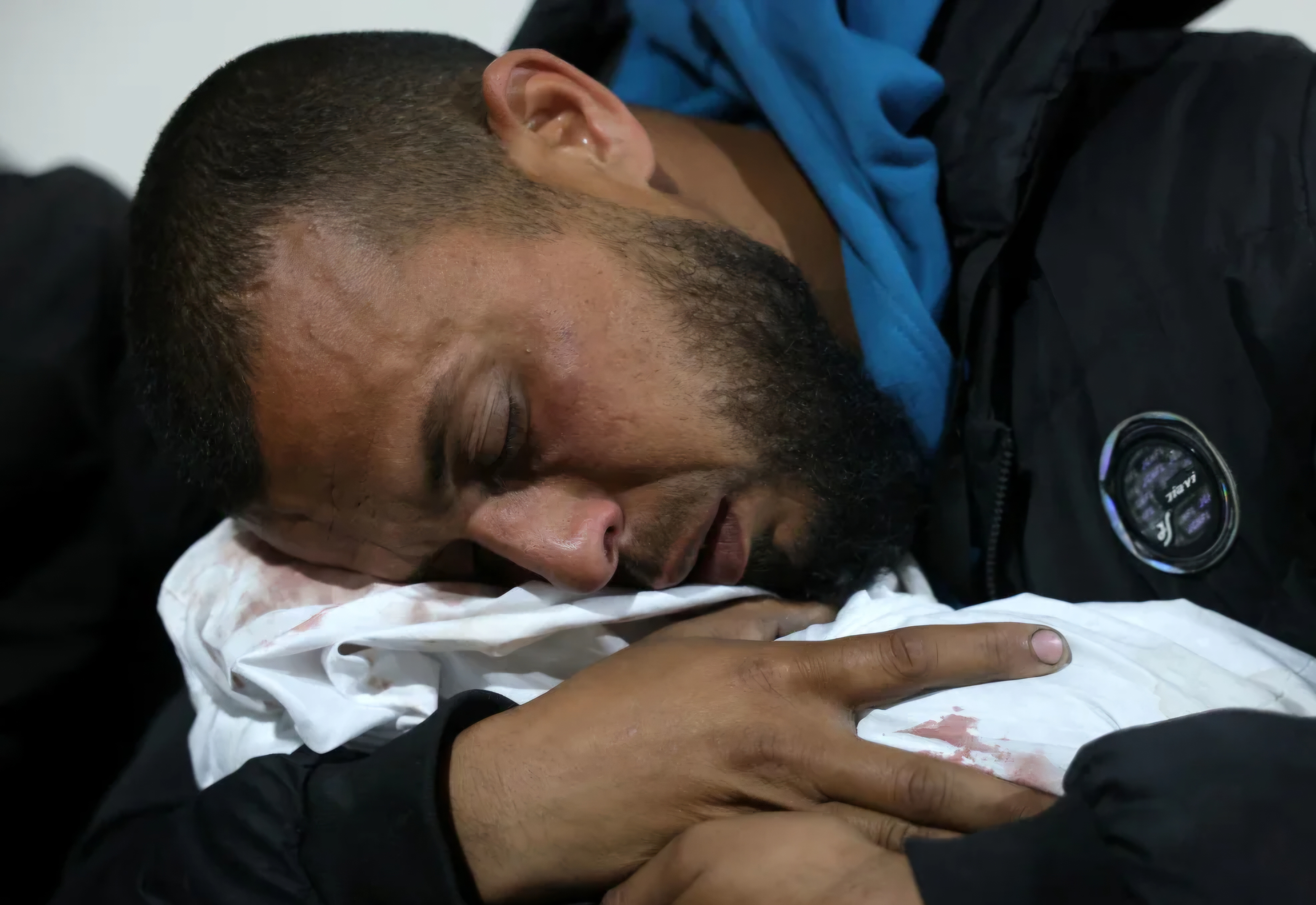
In a stark escalation of military operations, Israeli Defense Minister Israel Katz announced that Israel will maintain a permanent presence in parts of Gaza until the hostages held by Hamas are released. This declaration comes on the heels of a collapsed ceasefire, which ended on Tuesday after two months of relative calm, during which numerous hostages were exchanged for Palestinian prisoners.
In a statement made on Friday, Katz emphasized Israel's intention to expand its control in Gaza, instructing the military to seize additional territory while evacuating local populations. “The more Hamas continues its refusal to release the kidnapped, the more territory it will lose to Israel,” he asserted, leaving unclear whether this would lead to a long-term occupation of the area.
As tensions rise, Hamas is reportedly engaged in ongoing discussions with mediators to potentially restore the recently terminated ceasefire. Katz noted that Israel is operating under a proposal by former U.S. Middle East envoy Steve Witkoff, which calls for the conditional release of all hostages—both alive and deceased—prior to any ceasefire agreement.
Israel is intensifying military strikes from all fronts, with plans to adopt additional “civilian means of pressure,” including the evacuation of Gaza's population towards the south. This plan also aligns with Witkoff’s suggestions for a phased approach to hostage release that would extend the current ceasefire provisions into early April, coinciding with the observances of Ramadan and Passover.
However, Hamas has challenged the proposal, asserting their commitment to a timeline that would transition into subsequent phases of the truce, aimed at achieving a permanent cessation of hostilities and a full withdrawal of Israeli forces from Gaza. Senior Hamas official Khaled Meshaal criticized the Witkoff plan, calling it an attempt by Israel to manipulate negotiations to their advantage without fulfilling their obligations under the previously agreed terms.
The conflict has taken a severe toll on civilians, with reports indicating that over 500 people have been killed and nearly a thousand injured in Gaza since hostilities resumed. The Israeli Defense Forces (IDF) confirmed the deaths of several senior Hamas officials in their operations, as airstrikes continue to rattle the region.
UNICEF described the child casualty figures as "one of the largest single-day child death tolls" recorded in the past year, further highlighting the humanitarian crisis. As violence flares, the IDF has begun ground operations in southern Gaza’s Rafah, where local authorities report heavy civilian casualties, particularly among children and women.
With Egypt playing a crucial role as mediator, the prospects for renewed negotiations appear bleak. Egyptian foreign ministry spokesperson Tamim Khallaf remarked that Israel's recent military actions contradict the international community's call for peace, labeling it a “blatant violation” of ceasefire agreements.
As the situation develops, both sides remain entrenched in their positions, with the future of hostages—and the civilians caught in the crossfire—hanging in the balance.



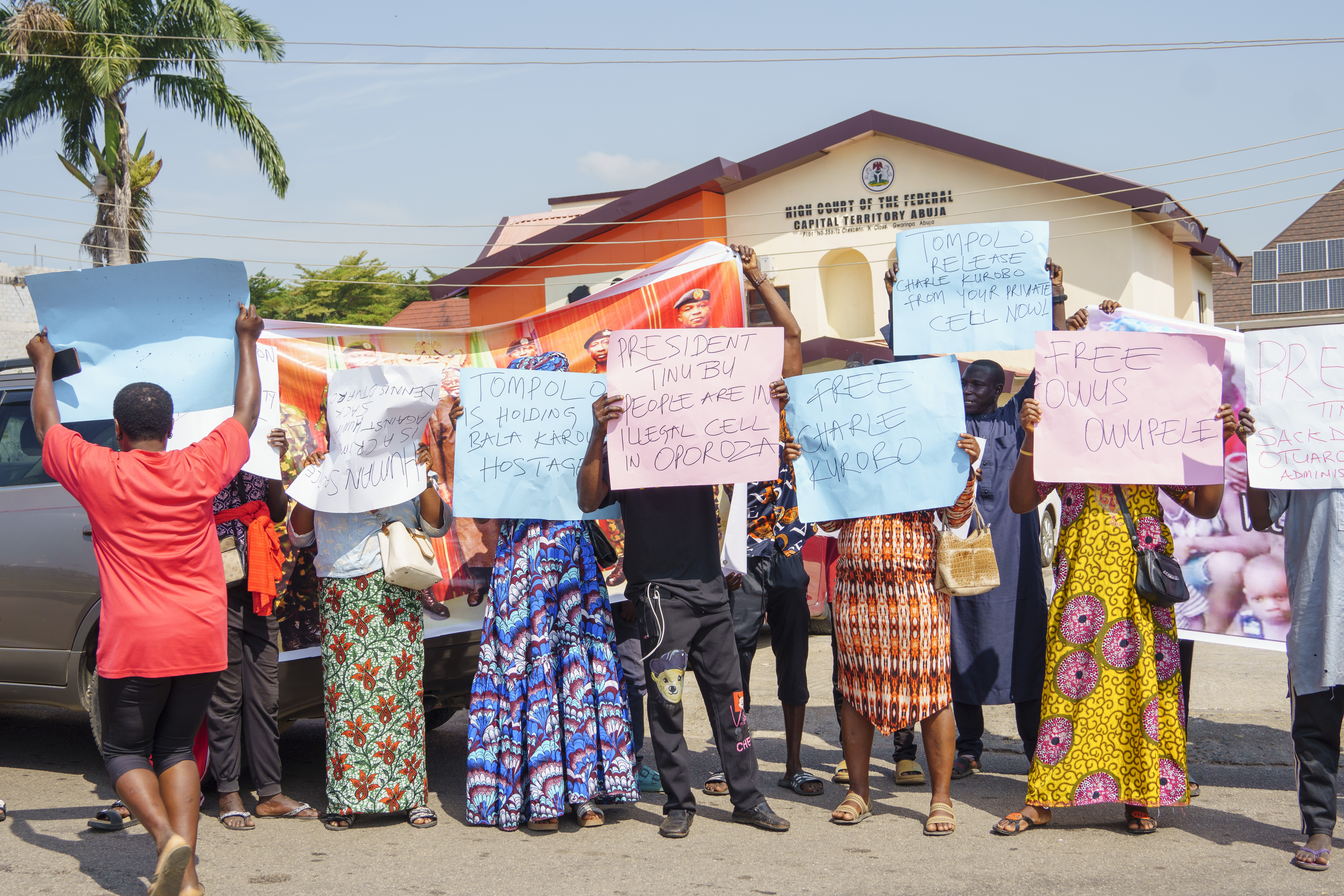
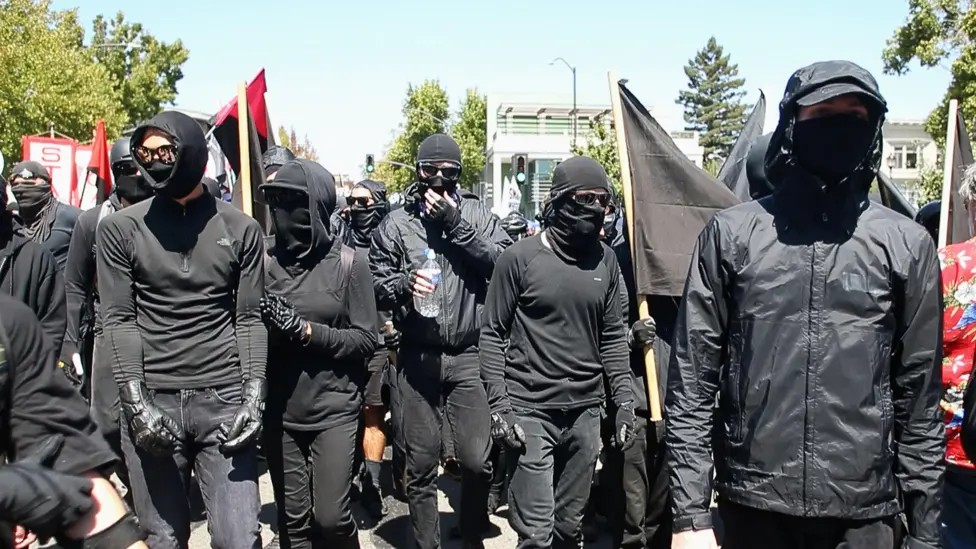


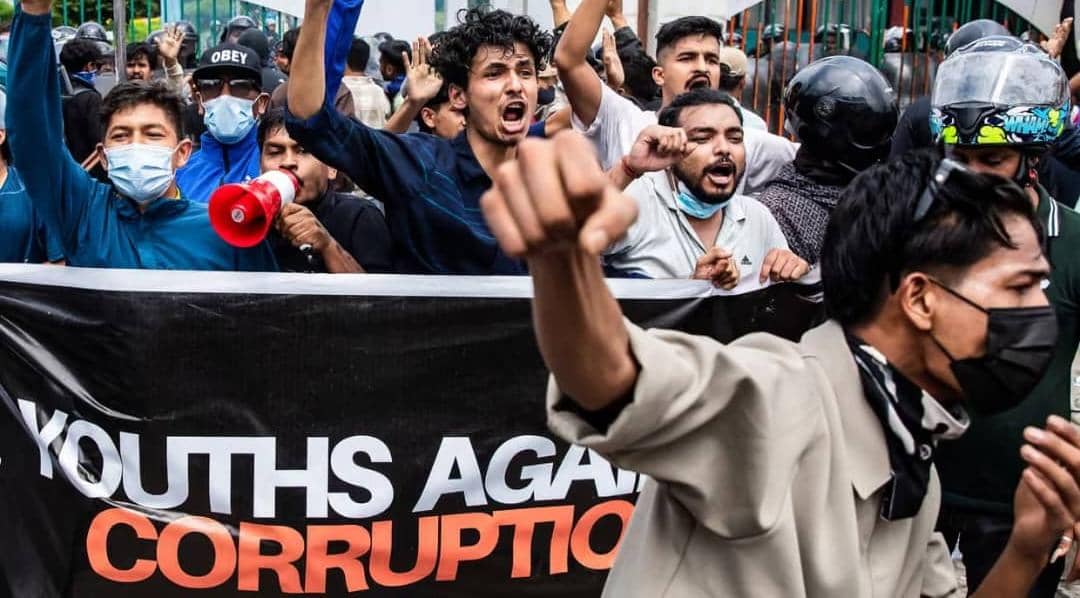
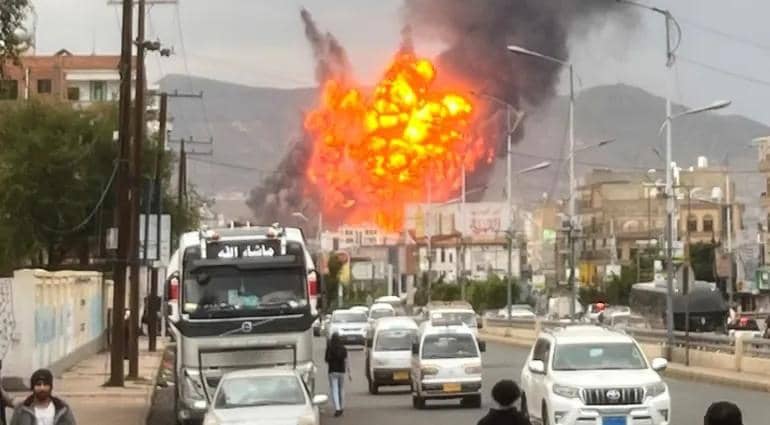
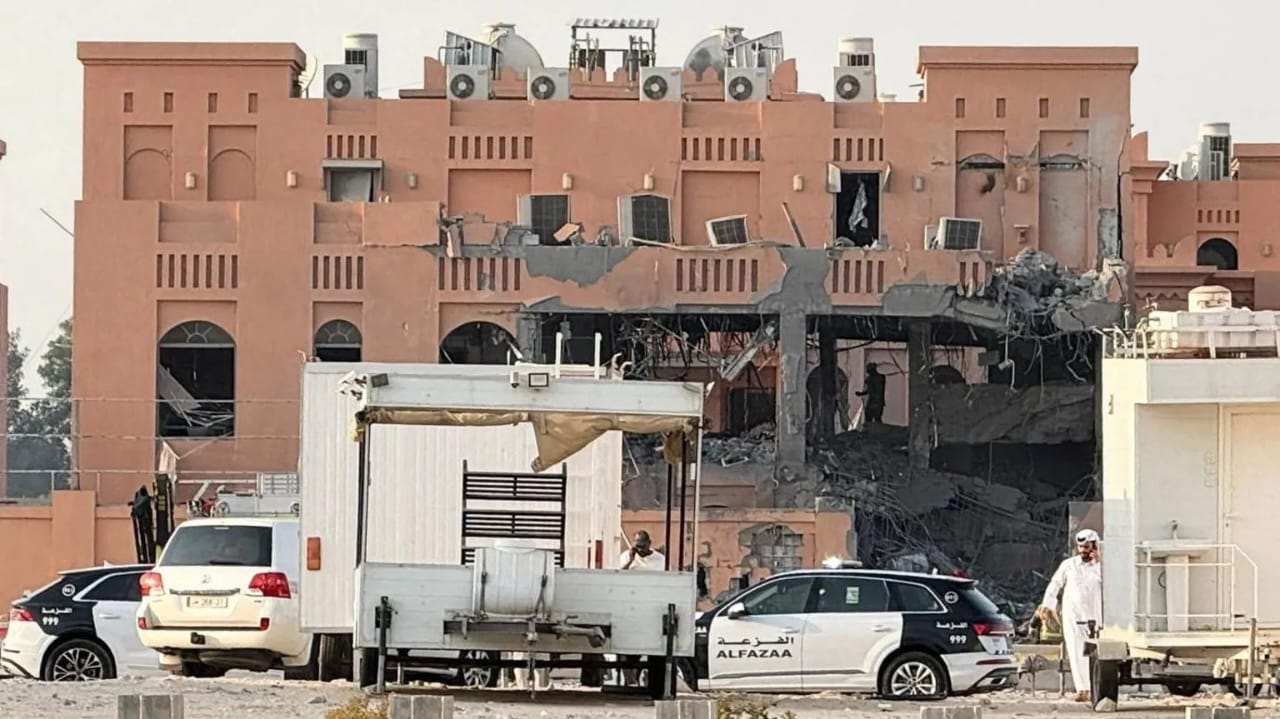
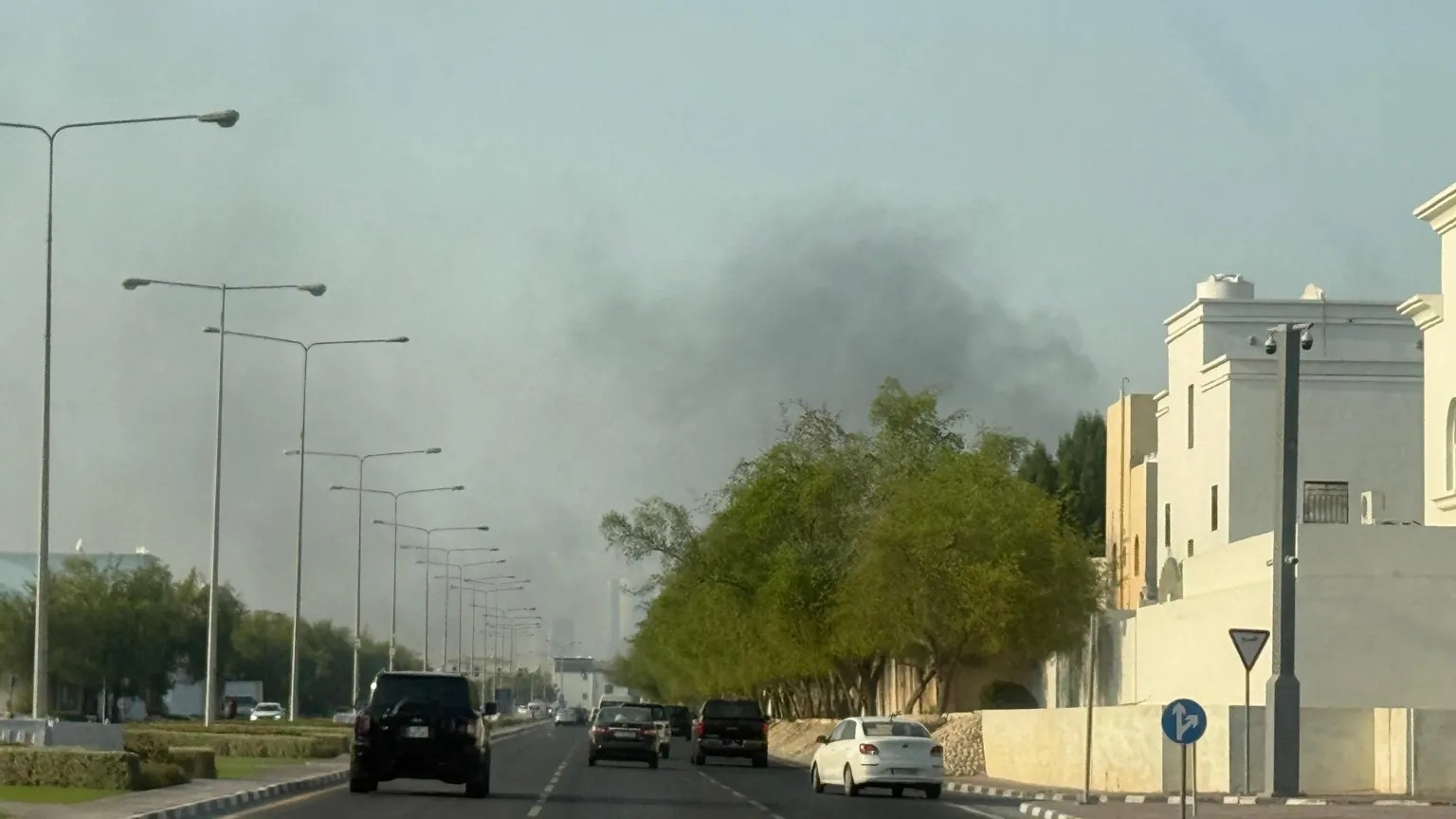

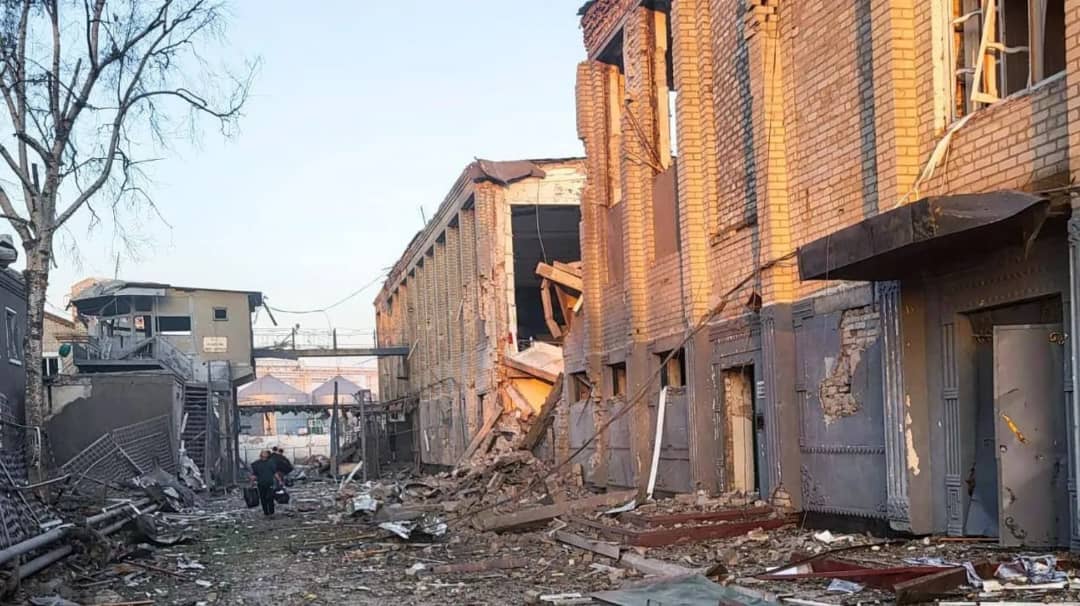
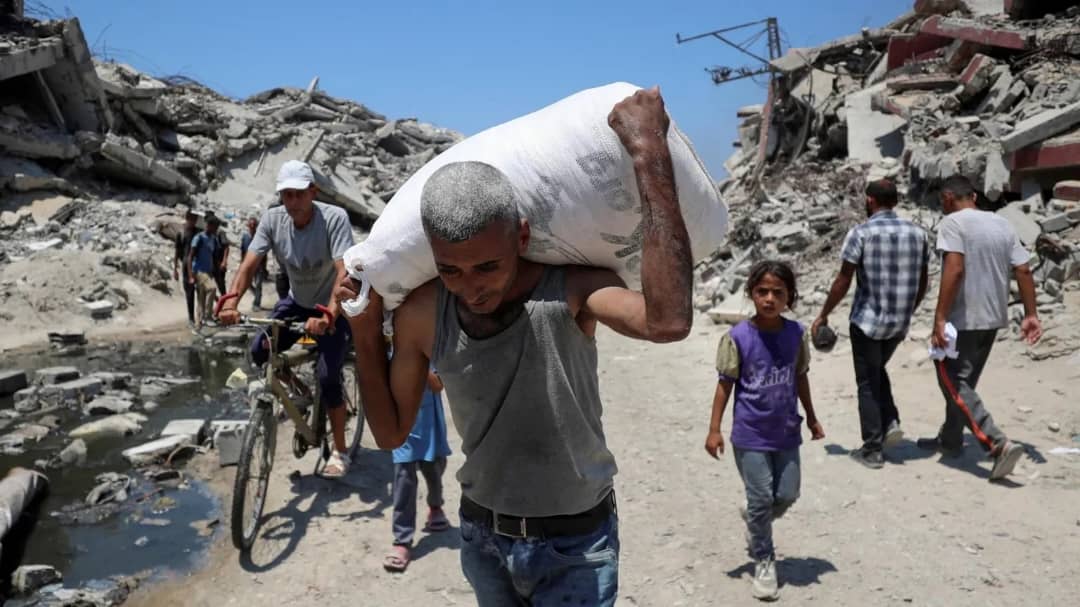
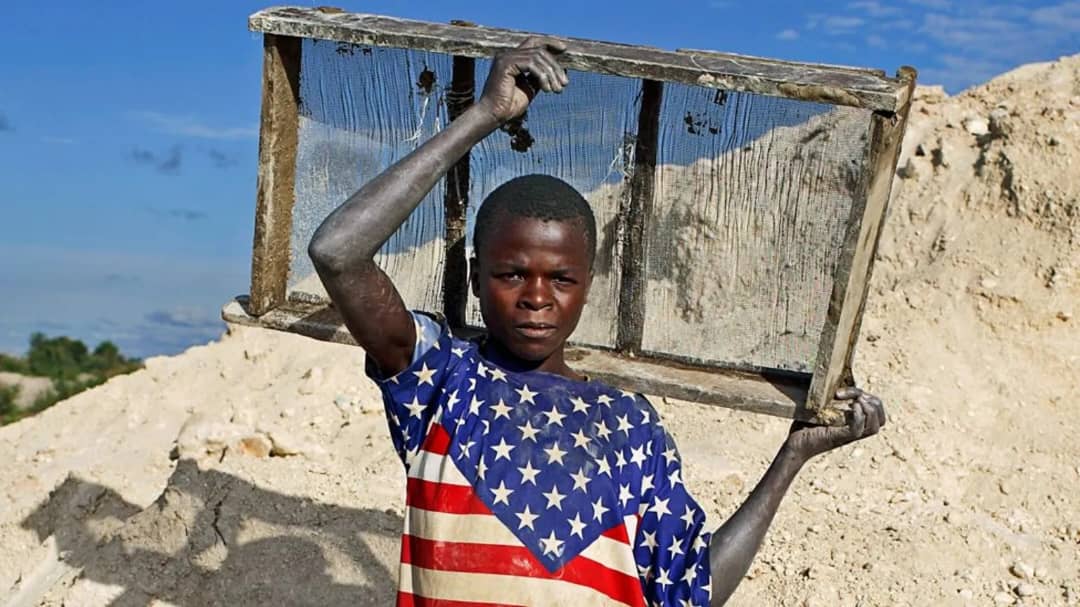

0 Comment(s)